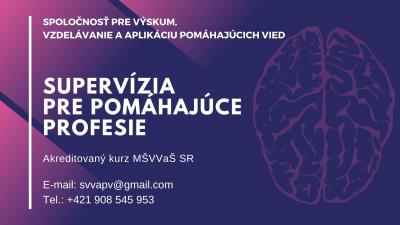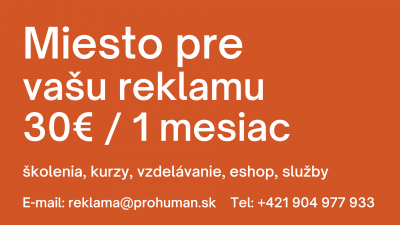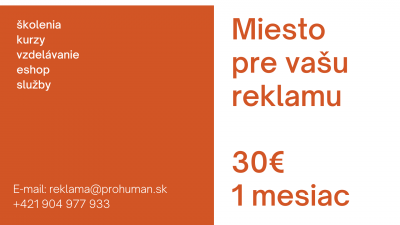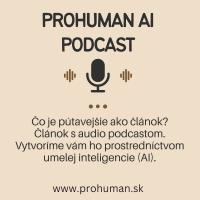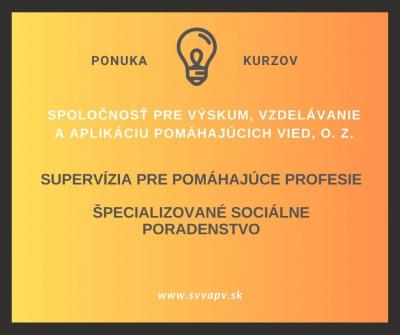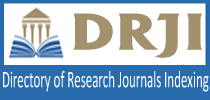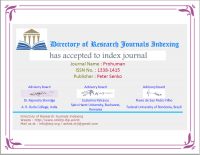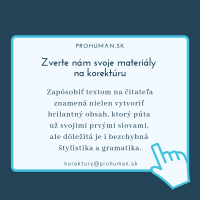On the frontier of Europe and Asia lays a country that has become a praised tourist destination during the last decade. Economy is backing up from a soviet dead end, civil society is striving for democratization, EU cooperation has been clearly carved into local notion and project banners. An unaware tourist may think of war as long gone, however, it has left behind 290 000 internally displaced people. This number corresponds to the population of Iceland.
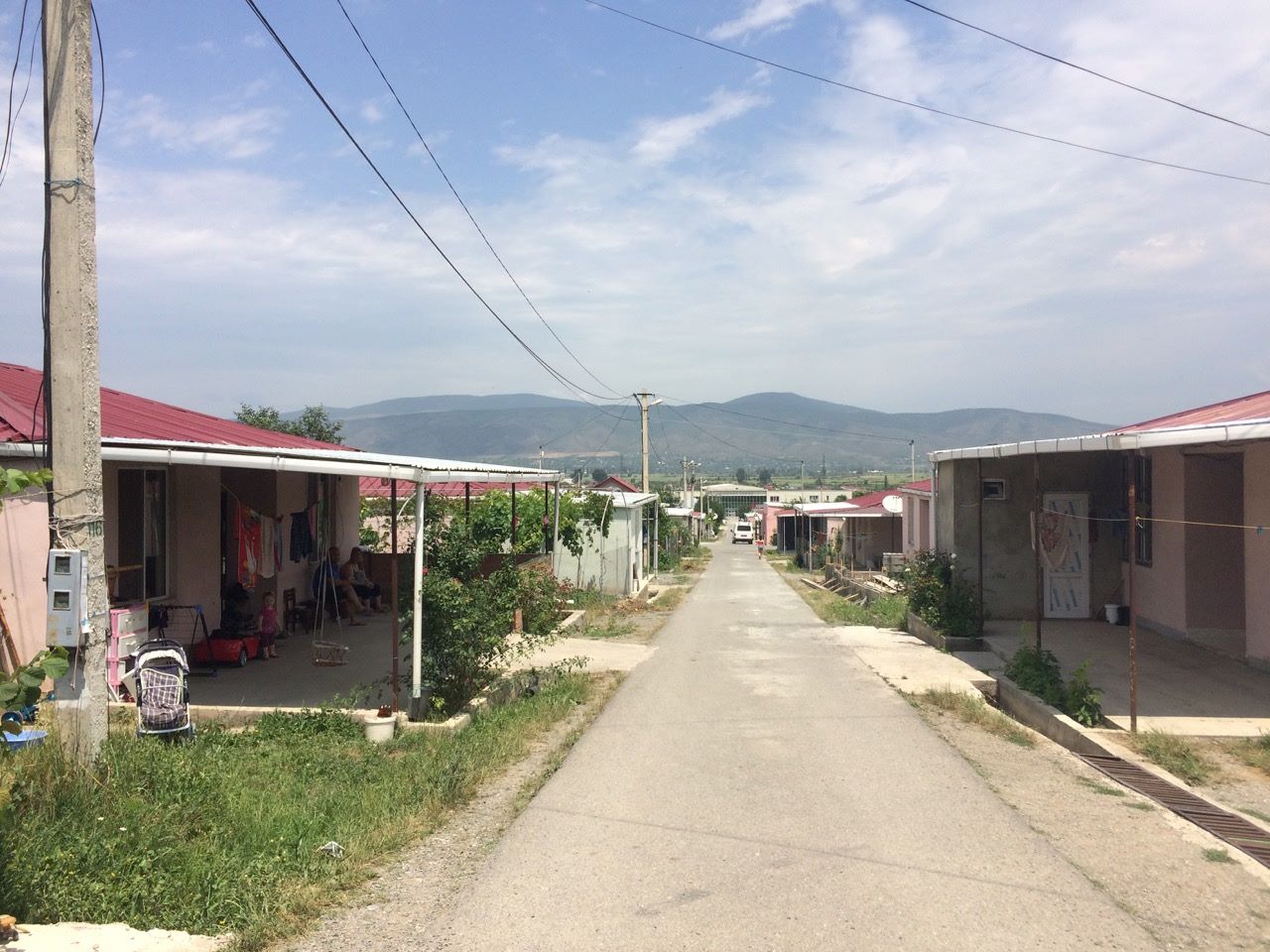 Inside the IDP re-settlement in Tserovani
Inside the IDP re-settlement in Tserovani
Together with the Department of Development and environmental studies from Palacky university in Olomouc, Czechia, we had the opportunity to go for an eleven-day field trip to Georgia as part of development education project. It was co-funded by Czech Development Agency (CRA – CzechAid). Apart from other visits at the offices of international institutions, nonprofits and local initiatives, we spent a day in Kutaisi city – in an organisation ‚Fund of Women Entrepreneurs‘ – founded by internally displaced people (IDPs) from Abkchazia. Very similar organization ‚For Better Future‘ supports female social entrepreneurs among IDPs in Tserovani city and it was formed by IDPs from South Ossetia. Their target groups are people from conflict regions, people below poverty line, and ethnic minorities. Their priority is to support women while searching for employment and becoming social entrepreneurs.
IDPs as the results of frozen conflicts in Abkhazia and South Ossetia
IDPs (internally displaced people) are according to the UNHCR definition 'persons or groups of persons who have been forced or obliged to flee or to leave their homes or places of habitual residence, in particular as a result of or in order to avoid the effects of armed conflict, situations of generalized violence, violations of human rights or natural or human-made disasters, and who have not crossed an internationally recognized state border. IDPs are vulnerable to deprivation, further displacement and other protection risks, such as lack of access to basic services, family separation, sexual and gender-based violence, trafficking, discrimination and harassment.” It is the responsibility of local authorities to avoid their displacement and ensure their safety.
Abkhazia and South Ossetia are autonomous separatistic teritories of the Democratic Republic of Georgia. One must not picture them as a coherent term that describes homogenous areas. In reality, they are ethnics with different historical development and national aim, however, they share the same role of pawns in the political game of chess. They are commonly described as russian protectorates which is underlined by the fact that they are de facto reliant on russian financial injections. Nevertheless, their future objectives diverge – while the Abkchazian government is in favour complete independence, South Ossetia strives to join Russia.
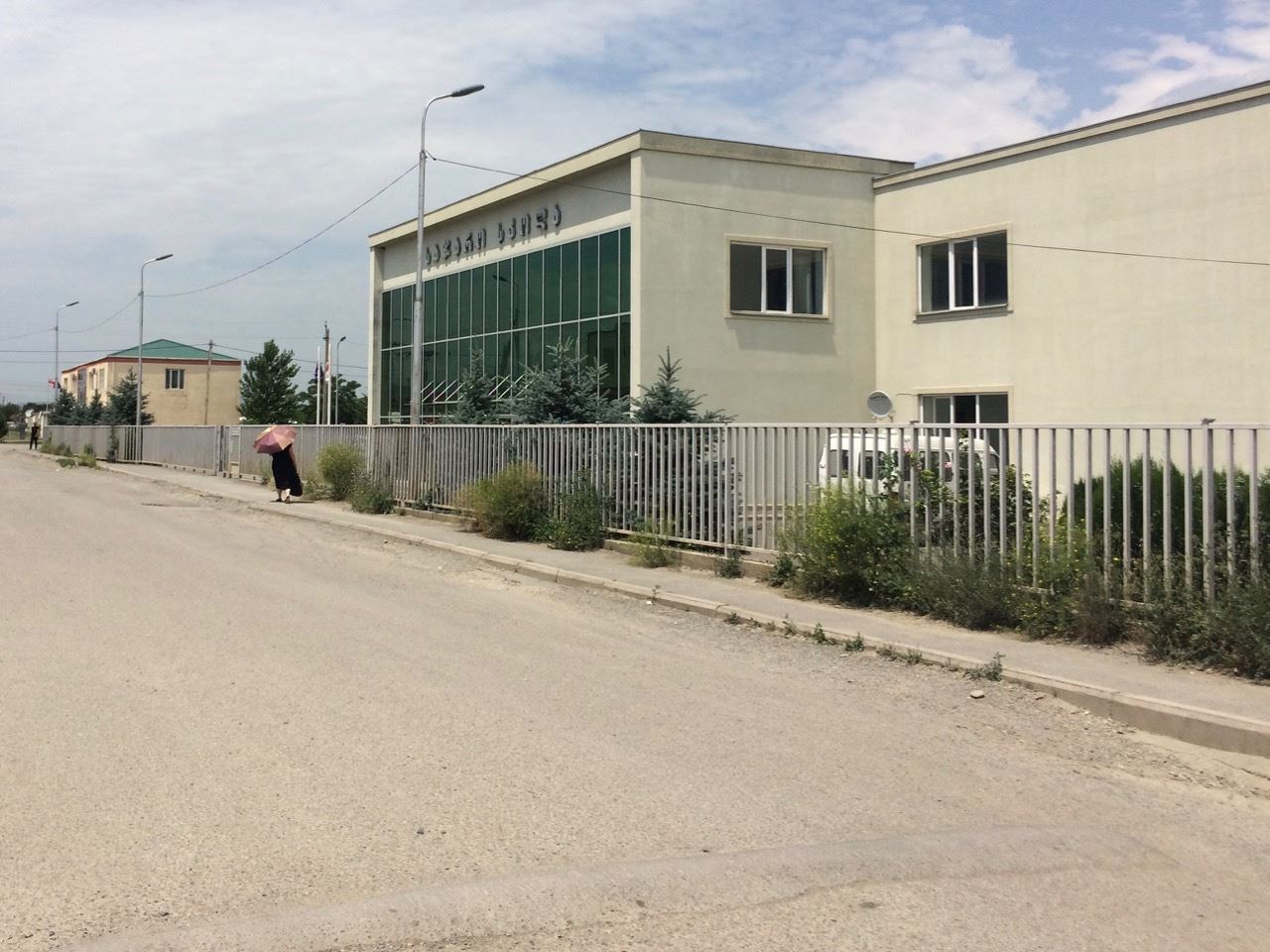 Primary school in Tserovani - 10 years after the re-settlement
Primary school in Tserovani - 10 years after the re-settlement
Natruli’s story of fleeing home
Since Georgian society is mainly patriarchal, the ‘Fund of Women Entrepreneurs’ (FWE) in Kutaisi focuses on the status of women. How has the life of IDPs changed ten years after war and what work is done by the FWE? This is described by FWE project asistant, Natruli Nachkebia, who left Abkchazia in 1993 together with her husband and two children.
They lived in the capital of Abkchazia – Sokhumi. She worked for a company called ‘JSC Orgtecnik’ and her husband worked for the Ministry of Trade. Natruli explains the reason of leaving their home: “In October 1993, we were forced to leave our home in Sokhumi because Russian and Abkhazian combined forces conducted military operations against Georgia and because they were planning a Genocide against Georgians. We would have been victims of war, if we did not leave Abkhazia.”
After fleeing, her family stayed in capital city Tbilisi with no income. They decided to move to Kutaisi city where they worked for two years at an IDP-founded company ‘Org. Technics’. After that, she returned to Tbilisi and worked ten years for the American company ‘Finca’. However, she returned to Kutaisi again and started to work for ‘Fund of Women Entrepreneurs’ (FEW). Natruli often thinks about coming back, but it is not that easy: “Abkhazia causes me a lot of pain and I hope to return one day. However, I found out that our former apartment in Abkhazia was sold numerous times without us knowing.”
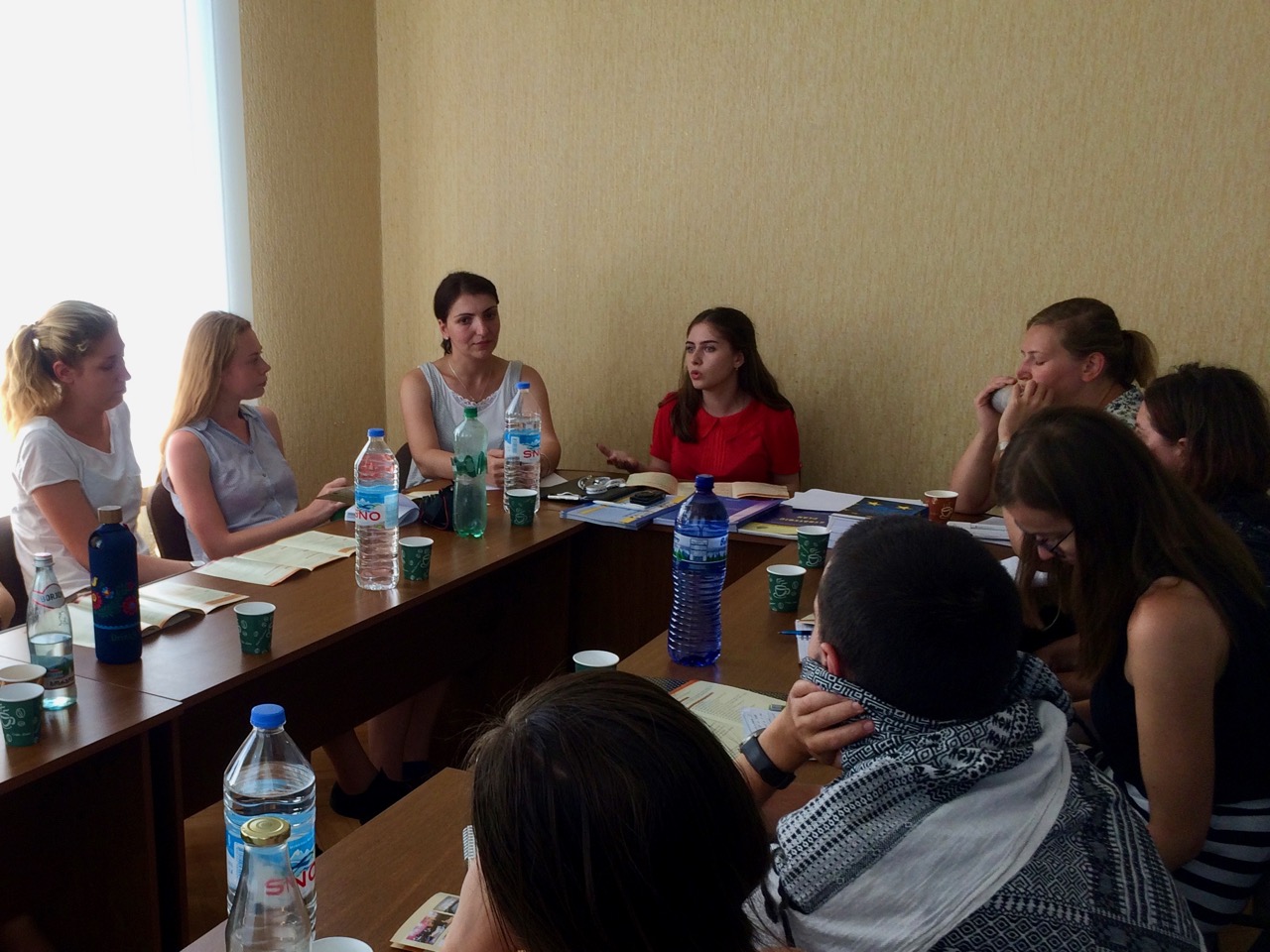 Palacky University students visiting Fund of Women entrepreneurs in Kutaisi
Palacky University students visiting Fund of Women entrepreneurs in Kutaisi
No hope for tomorrow’s day
Integration was not hard for her: “My children have Georgian nationality and they also have the status of IDPs. Although we can travel freely, they cannot return to Abkhazia.” Generally, IDPs are associated with homeless people and minorities. She finds that very depressing.
The IDP situation related to living conditions is not pleasant. There are no employment opportunities, socio-economic conditions are inefficient, and the integration process is very slow. These people have no hope for tomorrow’s day. IDPs cannot return home because the state cannot ensure them safety. Additionally, the Abkhazian authorities forbid their return.
This was one of the reasons why a non-profit charity organisation ‘Fund of Women Entrepreneurs’ (FEW) was founded on in July 2003. But it also means that FEW has worked with people from migration waves before Russian-Georgian war in 2008. Natruli talks about the location of FEW office: “Our office is located in Kutaisi (Imereti region). IDPs were forced to migrate from Abkchazia and they stayed in regions that were under Georgian jurisdiction, hoping that they would return soon. However, they could not return 26 years. FEW uses the knowledge and experience of IDPs, as well as local residents.”
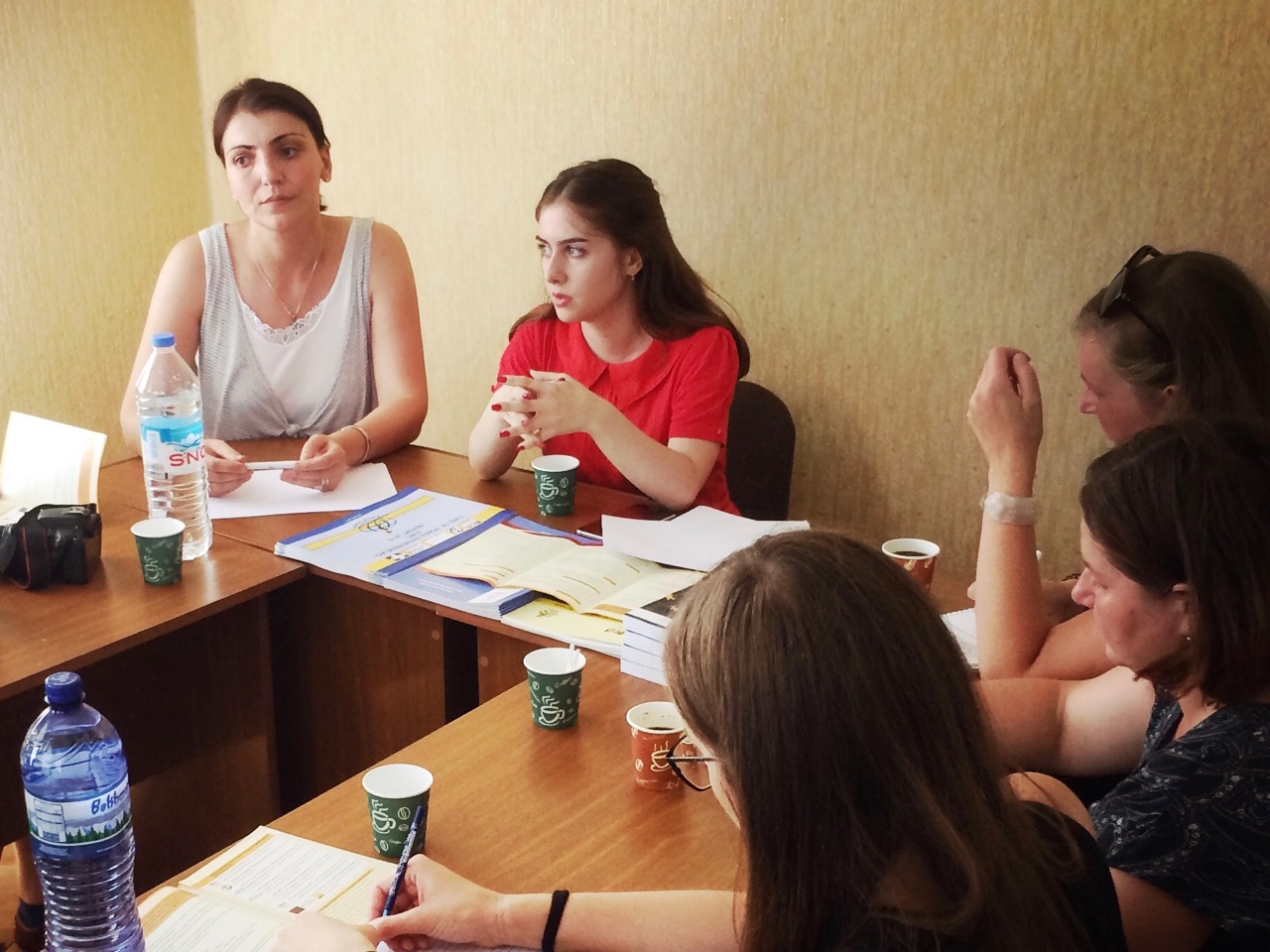 Palacky University students visiting Fund of Women entrepreneurs in Kutaisi
Palacky University students visiting Fund of Women entrepreneurs in Kutaisi
FEW: a mission to help people with the same fate
One of FWE main objectives and projects is called ‘Step by Step to a Better Future’, meaning, that they work on the integration and rehabilitation process of people that are in conflict with the law. They do this through psychological and legal advice, informal education, and requalification courses. Natruli describes another FEW project: “Another of our objectives and projects is the ‘Education and Rehabilitation centre FEW’. The centre’s purpose is to serve as a facility for women who are victims of violence or are in harm. We offer psychological and legal services and assistance with employment search.”
Georgian government reacts very insufficiently. The FWE oftentimes substitutes the role of the state – FWE offers support with finding jobs and we help with the integration process. But it does not have any impact on Natruli’s work.
This project assistant feels proud about her job for FEW: “I gained a lot of experience through work with different social groups. On daily basis I listen to many stories from female IDPs – very similar to mine or even worse. So I consider my work as a mission to help people with the same fate as I had.”
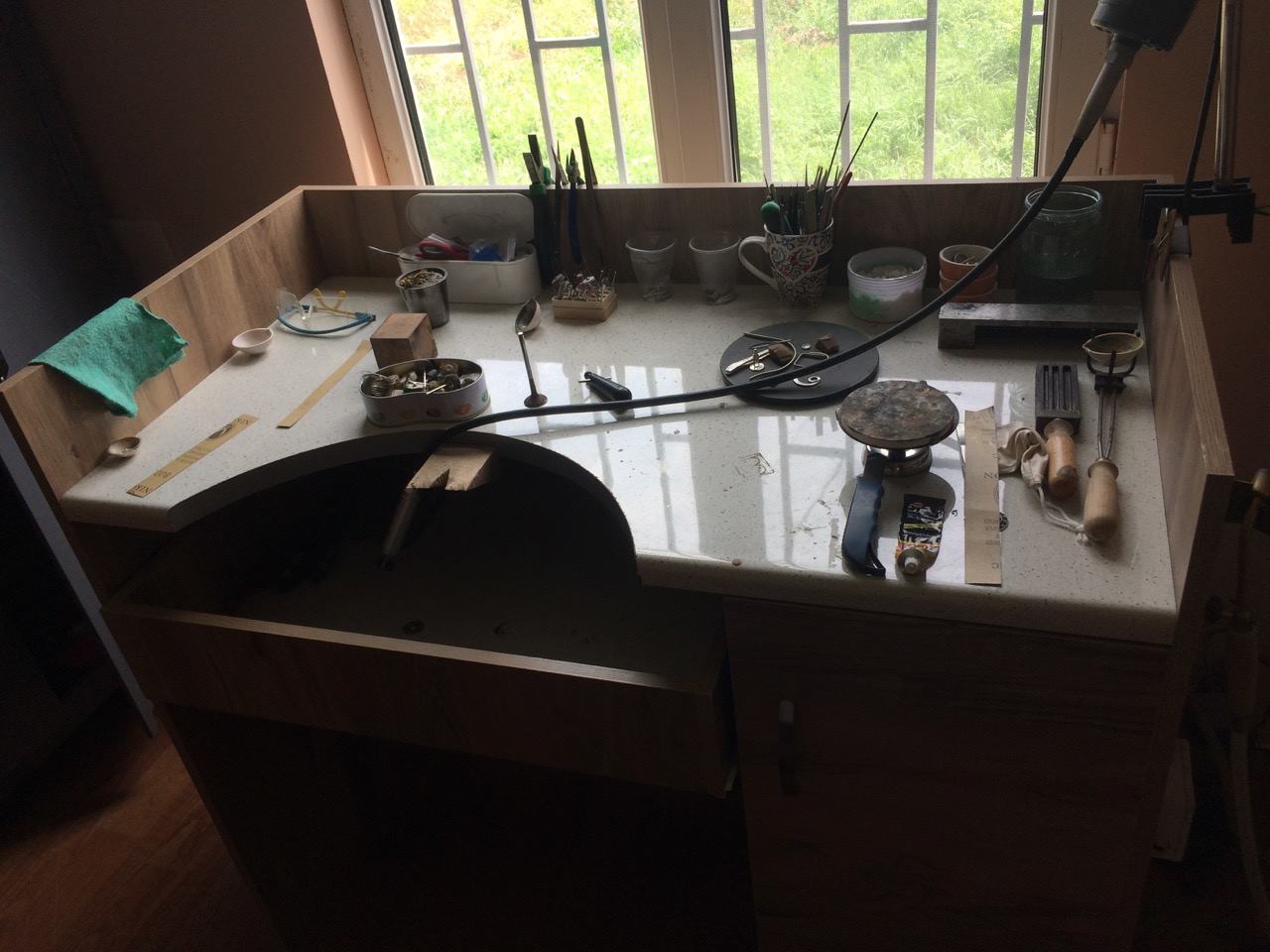 Sheltered workshop for IDPs - social entrepreneurs
Sheltered workshop for IDPs - social entrepreneurs
Written by: Anna Lodinova, the Department of Development and Environmental Studies of Palacky University in Olomouc, Czechia
Photo: the Department of Development and Environmental Studies of Palacky University in Olomouc
Note: The article, as well as the entire field trip to Georgia is a part of the development education project ‘Development Cooperation First Hand’, supported by Czech Development Agency (CRA – CzechAid).

